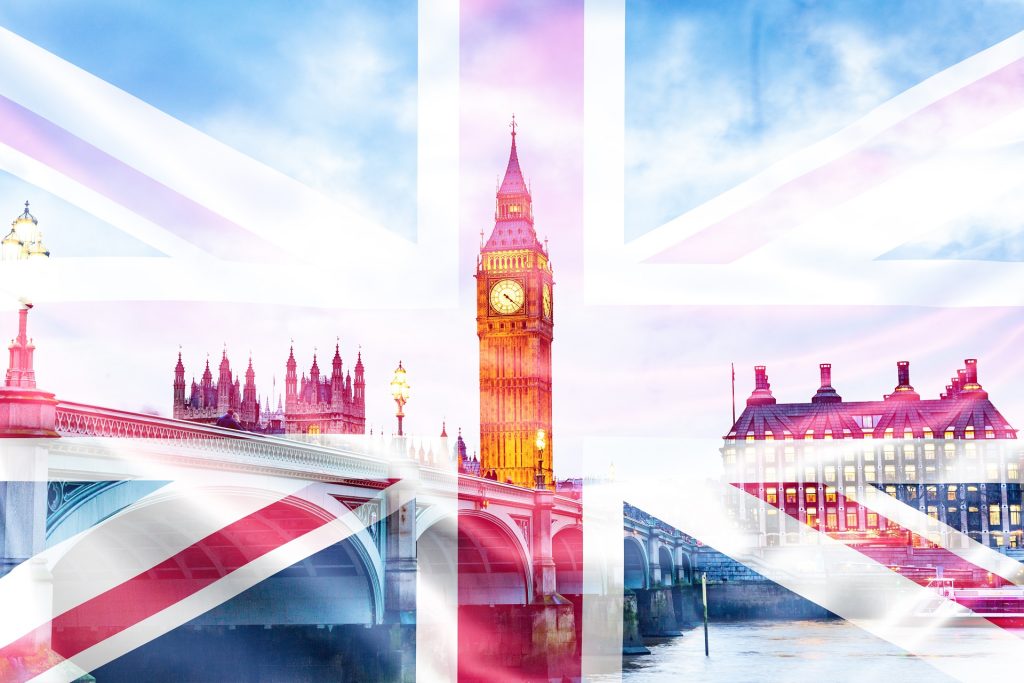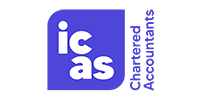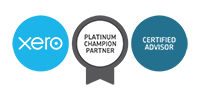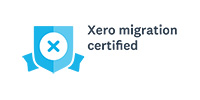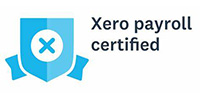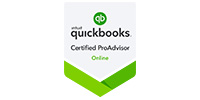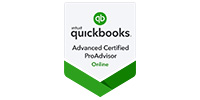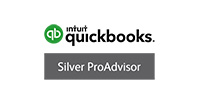No tariffs, no quotas, the headlines said. But there is significant change. To move goods, borders now matter in a way they didn’t before: even between mainland Britain and Northern Ireland.
Europe: what’s changed?
The UK is no longer part of the EU Single Market, Customs Union, or VAT Territory. The new Trade and Cooperation Agreement (TCA) between the UK and EU governs UK trade with the EU as of 1 January 2021. The EU imposed full border controls from day one. While the UK now operates ‘a full external border with the EU’, some aspects of the UK’s border controls for imports are still to be phased in.
Practically speaking, this means if you import or export to the EU, there are new VAT procedures, plus new customs processes and documentation to get used to. There is also the question of tariffs (customs duties) to consider.
Dealing with VAT
Before Brexit, VAT on trade with the EU entailed minimal paperwork. There was also access to a range of VAT simplifications. This has changed.
Broadly, rules on the supply of services have changed less than the rules on the supply of goods. One key change relates to business to consumer (B2C) supplies of digital services, such as apps and downloads. For suppliers of such services, the B2C simplification applying to the sale of digital services, UK VAT MOSS, is no longer available; registration for the MOSS non-union scheme in an EU member state is needed instead.
Goods sold to the EU
Business to business (B2B) supplies of goods, previously treated as dispatches for VAT purposes, are now reclassified: sales from the UK become exports. Exports can be zero-rated, provided goods are physically exported within three months of the time of supply, with export evidence obtained within the same period.
Before Brexit, the distance selling rules applied to B2C supplies of goods. Now, however, the EU distance selling regime and thresholds are no longer open to UK suppliers.
Goods bought from the EU
Previously treated as acquisitions for VAT purposes, these are reclassified as imports, and from 1 January 2021, two new VAT schemes apply to imports: not just imports from the EU but from anywhere in the world:
- the Low Value Imports scheme, makes the relevant online marketplace or overseas vendor responsible for charging the VAT in the UK. Applies to postal imports below £135 in value
- Postponed VAT Accounting (PVA).
Postponed VAT Accounting
Ordinarily, import VAT is due when goods arrive in the UK. Although it may be recoverable in accordance with normal VAT rules for reclaiming input tax, the timing difference impacts cash flow.
PVA allows goods to enter free circulation in the UK without upfront payment of import VAT. Instead, it’s declared and recovered as input tax on the same VAT return. You don’t need authorisation to use PVA. You simply opt in when completing your customs declaration, by selecting that you will account for the import VAT on your VAT return. Using PVA is mandatory in some circumstances, for example when using delayed customs declarations (see below). For further information, see https://bit.ly/39VNahb and https://bit.ly/3fT7hjW.
Dealing with customs procedures
Trade with the EU now means following the correct customs procedures. It’s a complex area, involving being ready to make customs declarations, knowing how to classify goods correctly and understanding relevant safety and security requirements. The government recommends using a professional customs intermediary here. To help you decide whether to use an intermediary or deal with these things in-house, we outline some of the steps below, focusing primarily on imports.
Imports: new timetable, ongoing change
The new rules for import controls (full import customs declarations, border checks and controls) don’t all take effect at once. The government’s Border Operating Model set out stricter controls in three stages: 1 January 2021, 1 April 2021 and 1 July 2021. This has changed to give traders more time to prepare. In outline:
1 October 2021: next phase of import rules, eg import pre-notification for products of animal origin
1 January 2022: customs declarations for all goods at point of import (delayed declarations no longer available): safety and security declarations for imports required: physical checks (now taking place at border control posts) for products of animal origin and high risk plants: further rules for low risk plants and plant products
1 March 2022: checks at border control posts on live animals, low risk plants and plant products.
But developments should be monitored in real time, particularly the separate provisions impacting Northern Ireland contested by the EU. And any business trading with the EU should plan now for the long term. Deciding how to deal with customs declarations is an important part of this.
Customs declarations. Do it yourself?
Many businesses use a specialist intermediary to deal with customs declarations. There are different types of intermediaries (fast parcel operators, customs agents, customs brokers, freight forwarders), providing different services, and you would need to explore the best options for your business https://bit.ly/3dJ1ryS. Support, training or grants may be available via schemes such as the SME Brexit Support Fund. See https://bit.ly/39Tyor2 and https://bit.ly/3fRYY7L.
Classifying goods
Commodity codes classify goods for import and export. The commodity checker tool on gov.uk https://bit.ly/2PDpJlW gives an idea of what is involved. It shows for example, if there’s duty or VAT to pay on the goods, as well as the codes needed.
Making a declaration
Customs declarations are made either to the Customs Handling of Import and Export Freight (CHIEF), or to HMRC’s new declaration platform, the Customs Declaration Service (CDS). Special software is needed.
To complete a customs declaration, you need:
- a GB Economic Operators Registration and Identification (EORI) number
- the commodity code of the goods
- the value of the goods
- the origin of goods
- access to HMRC systems, either directly, or via an intermediary with such access
- for anyone using CHIEF, and not using an intermediary, a CHIEF badge.
Tip: the importance of the right paperwork
Getting the right classification for your goods, and being able to deal with special rules called the rules of origin (see Dealing with tariffs, below) are essential. Errors can mean a business is charged the wrong amount of tax or duty. They can also expose a business to penalties.
Delayed customs declarations
For some imports, you may be able to delay making a full customs declaration. Instead you record the goods in your own business records and give HMRC the information in a ‘supplementary declaration’ up to 175 days after the date of import. Making a supplementary declaration involves applying for one of the simplified declaration authorisation procedures, and setting up a Duty Deferment Account (DDA). Again, you need to decide whether to use a customs specialist or do it yourself. More information is here https://bit.ly/3rUPr2c. Payment of any relevant tariffs can be deferred until the customs declaration is made.
Which imports? Goods coming into the country are classified as controlled or non-controlled goods. Controlled goods include fishery
products; certain niche goods like firearms; and excise goods, like alcohol and tobacco. See https://bit.ly/2Q4kgV4. Delayed declarations can’t be used for controlled goods, only for goods that are not controlled, and only by traders considered by HMRC to have a good compliance record.
Preparing for the next step
Delayed declarations are a temporary measure. They can be used until 1 January 2022. After this, you are no longer able to delay your declarations and need a permanent solution in place. Unless you use an authorised intermediary, this means applying to use customs simplified procedures, and setting up a DDA.
Safety and security declarations, new timetable
Safety and security (S&S) declarations are required to trade with the EU. This means entry summary declarations (ENS) for imports. For exports, S&S information is usually contained in a combined export/S&S declaration.
Tip: Changed timetable for imports from EU
ENS for goods imported into Great Britain from the EU were set to come in after 30 June 2021. This has changed. ENS are not now required for such imports made between 1 January 2021 and 31 December 2021. They will be required from 1 January 2022.
Dealing with tariffs
Europe: to obtain zero tariff treatment, goods must originate in the UK or EU. Complex rules, called the rules of origin, come into play here. They establish the ‘economic nationality’ of goods, and hinge on where goods are produced or manufactured, not just where they are shipped or bought from. This is why a business re-exporting goods without significant further processing can be liable for tariffs on trade with the EU, as you may have seen in the press. It’s a specialist area, with precise documentation requirements. Failure to comply correctly can mean payment of tariffs. See https://bit.ly/3s9eoY1.
Rest of the world: the UK Global Tariff now applies for worldwide trade. It sets out the rate of customs duty applying to imports from countries with which the UK doesn’t have a specific trade agreement, or where a particular exception applies. See https://bit.ly/39UQmJL.
What about Northern Ireland?
The position for Northern Ireland is particularly complex. As a result of the Northern Ireland Protocol, which took effect from 1 January 2021, it is still part of the EU’s single market for goods. Thus some EU checks and standards still apply to incoming goods – even goods coming from mainland Britain. New customs rules govern goods moving between Northern Ireland and Great Britain: they impact mainland UK businesses dealing across the Irish Sea, as well as Northern Irish businesses themselves.
Northern Ireland’s VAT regime is now distinct from that in the rest of the UK, too. It comes under EU VAT rules for goods, but UK VAT rules for services. If you move goods between Great Britain and Northern Ireland, or bring goods into Northern Ireland from outside the UK, you may find the Trader Support Service helpful https://bit.ly/31YyMA8. If moving agrifood goods, the Movement Assistance Scheme is also useful https://bit.ly/3rYP7PZ.
How we can help
Brexit has brought significant change to trade with Europe and Northern Ireland, and we have only been able to highlight key issues here. Please contact us for in-depth advice tailored to your circumstances.

